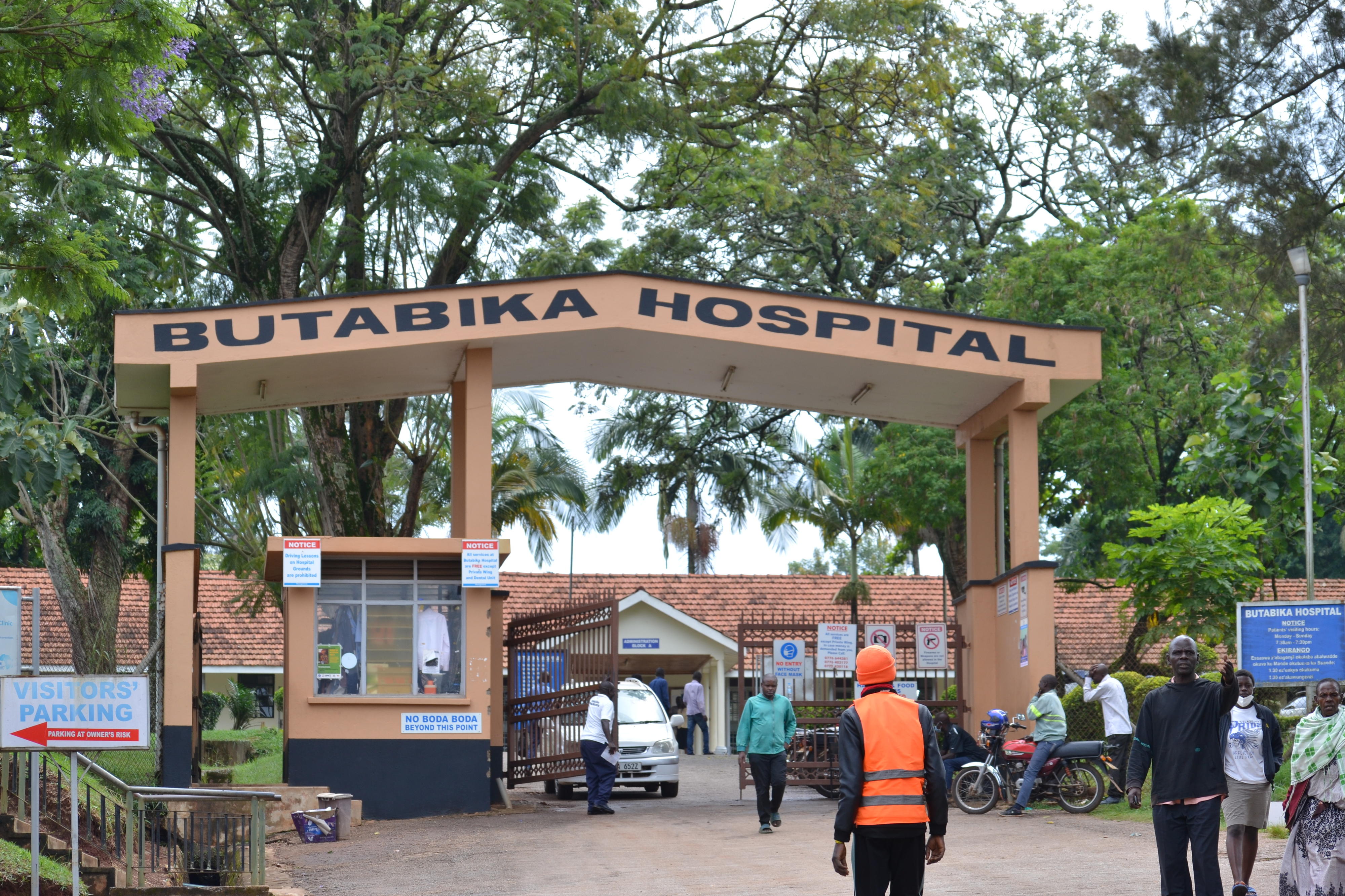Chemical emergency response training vital for security

What you need to know:
- Regulation of chemicals. The EAC region imports and manufactures chemicals for use in various industrial processes, which is good for regional economic development, though governments need to create more awareness and ensure that the use of chemicals is controlled and regulated.
The government of Uganda in 2001 assented to the Chemical Weapons Convention, which prohibits the development, production, stockpiling and use of chemical weapons and their destruction.
The Convention sets clear obligations for states parties among which is coordination of operations with the Organisation for the Prohibition of Chemical Weapons (OPCW) and instituting a national authority that coordinates the implementation of activities of the convention at national level, to enhance peace and security.
To date, 193 states subscribe to the Chemical Weapons Convention and 98 per cent of the global population live under the protection of the Convention. Additionally, more 97 per cent of the chemical weapons stockpiles declared by possessor states have been verifiably destroyed under the OPCW verification.
In Uganda, the National Chemical Authority is chaired by the Permanent Secretary, Ministry of Gender, Labour and Social Development, charged with the responsibility of executing government’s role of domesticating the Convention.
During the 21st conference of states parties in the Hague, Netherlands in 2015, Uganda accepted to host the operational training in assistance and protection against chemical war agents, for the East African Region.
This activity was later approved as an annual event, with the first training in 2016 at the Uganda Rapid Deployment Capability Centre (URDCC) in Jinja.
This year, Uganda again hosted the fourth operational training, with technical support from the government of the United Kingdom, the Fire Rescue Service of the Czech Republic and the Republic of Korea.
Uganda, Kenya, Tanzania, Rwanda and Burundi all subscribe to the Convention and participate in the annual training.
This year, more than 30 participants from the East African Community States were passed out at the URDCC, upon acquiring skills in operational training in technical assistance, planning and management of toxic chemical incidents.
The training was conducted by Uganda People’s Defence Forces in partnership with the ministry and the OPCW from September 30 to October 10.
Closing the exercise, the acting Permanent Secretary Ministry of Gender, Mr James Ebitu, said participants learnt from one another issues pertaining to emergency response, planning and management of chemical incidents.
He said the EAC region imports and manufactures chemicals for use in various industrial processes, which is good for regional economic development, though governments need to create more awareness and ensure that the use of chemicals is controlled and regulated.
Uganda is on the right track as far as control and regulation of chemical use is concerned. The Ministry of Gender, Labour and Social Development is mandated to implement the Occupational Safety and Health Act of 2006, through conducting inspections of workplaces to monitor and control the chemical, biological, physical and psychosocial hazards that may affect workers and the general public. This is done under the Department of Occupational Safety and Health.
As Uganda joins the rest of the East African Community to open boarders to promote regional trade and integration, strengthening security and safety for economic development is paramount.
There is need, therefore, to equip and build capacity of the states to respond to emergencies in a more organised manner.
Ms Akatukunda is a communication officer at Ministry of Gender.




